There Is No 'Normal'
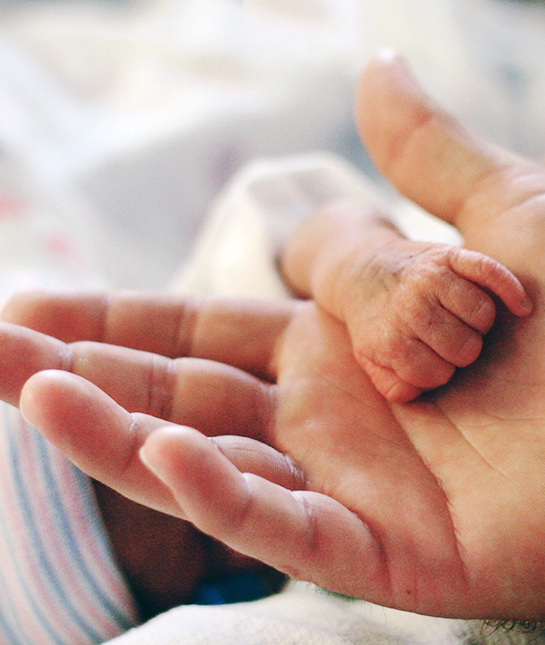
Baby's milestones—from holding up their own head to tracking objects with their eyes to rolling over—are things that all new parents watch for closely. Fortunately, there is a wealth of information about what should happen when—even though different kids can have "firsts" along a wide spectrum of time—from books, credible websites and, most reliably, from one's pediatrician. But what about the moresubtle baby development questions? Mom.me tapped Los Angeles–based psychotherapist Julie Wright, an MFT who specializes in babies, children and their parents, for answers to a specific new mom's questions. Wright's answers help ease the concerns of Mia Miller, a first-time parent who is slightly anxious — but aren't we all?
Image via Twenty20/rebecacarpenter
What are the first things I should look for my baby to do?

Wright says, "Baby's first smile is, generally, the primary developmental hurdle. Most babies smile at around two months of age, though some parents swear that they see it sooner! Also, by the second month, most children can focus their eyes on an object held eight to fifteen inches from their eyes, and can follow it as it's moved. Finally, early on, babies will make a cooing conversation in response to their environment."
Image via Twenty20/abubaker
What are the full range of health benefits of breastfeeding my baby?
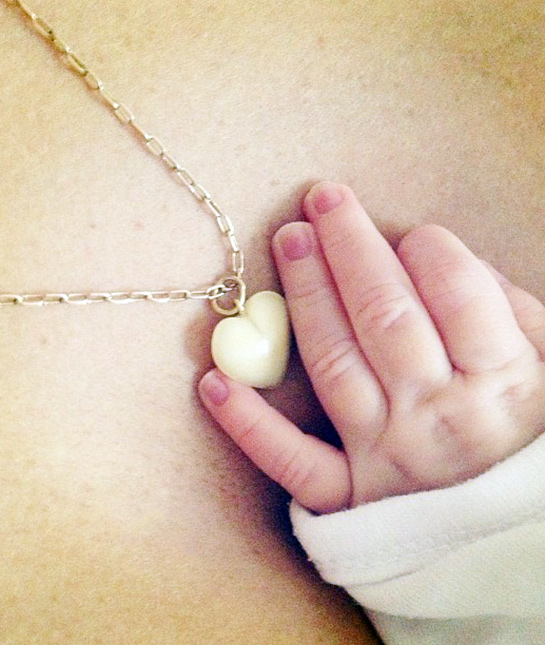
To answer this, Wright referenced the pros specified by lactation pros at L.A.'s Pump Station, where she teaches Mommy & Me classes. An RN and a lactation-training pro, Corky Harvey says, "Human milk is a complex, living substance with numerous disease-fighting and health-promoting ingredients; it is a complete infant support-system that provides both nutrition and protection." On the emotional front, "Breastfeeding promotes strong attachment. The act of breastfeeding insures that a baby will be in his mother's arms many times every day; in fact, a breastfed baby is touched and held almost twice as much as a formula-fed infant. Attachment is not a parenting style, but a biological necessity for normal mental health and optimal brain development."
Image via Twenty20/vanessakri
How does tummy time help my child?
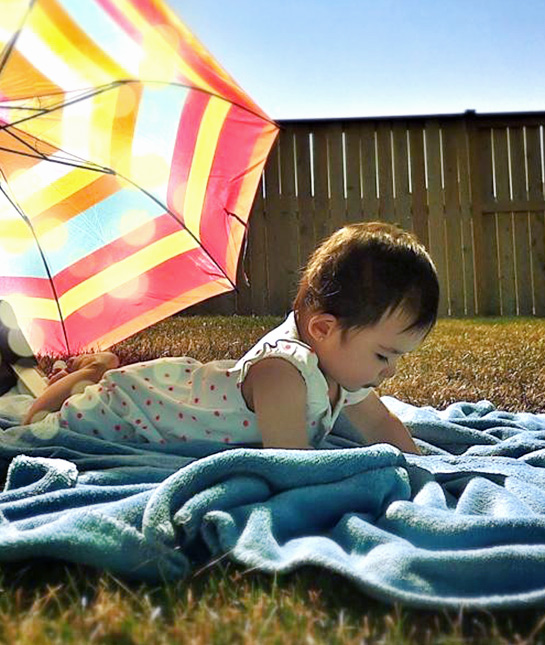
"We live in a world where babies are artificially on their back most of the time," says Wright. "There is so much that babies gain from having supervised tummy time, just put a soft blanket on the floor—I don't think it's ever too young to start. This helps to develop their gross motor skills as well as small motor skills as baby pushes herself up with her hands. It's a precursor to sitting up, standing—so many things." She cautions, though, "Babies mostly hate tummy time at first, we encourage parents to keep at it. It might be just 15 seconds once an hour at first, but soon they come to love it. Tummy time is very good for getting their heads up and strengthening their necks."
Image via Twenty20/sundeivdm
What are the signs for serious developmental delays?
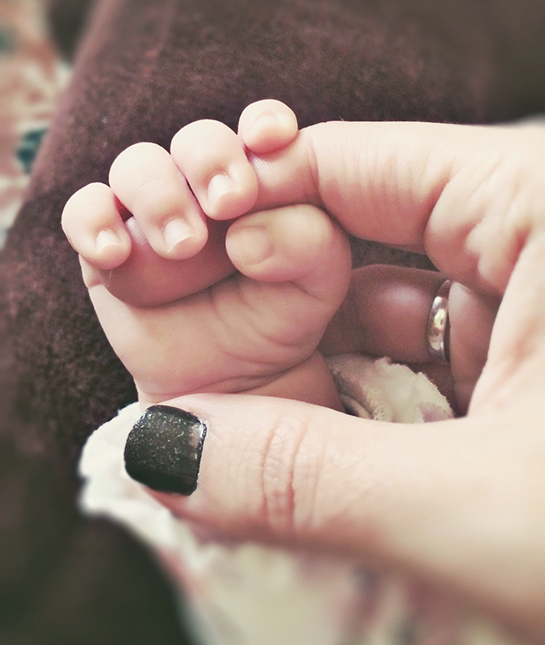
"In general we want to ease Mom's anxieties about their baby, most of the time there is nothing wrong, though we always want to take their instincts into consideration," says Wright. "However, if you are noticing a delay in gross-motor skills—things like babies only reaching with one arm or a floppy baby, I'll tell a mom to wait two weeks and if I still feel like it's borderline, I'll refer them to a specialist. As well, everyone is concerned about autism—if you notice lack of eye contact, a child not responding to their name, not interacting with others, delayed language—it is worth having your child tested. In my professional opinion, rates of autism have not increased in recent years, it's just that it's getting detected earlier."
Image via Twenty20/mwittdesigns16
What if my baby seems to be falling behind other kids her age?
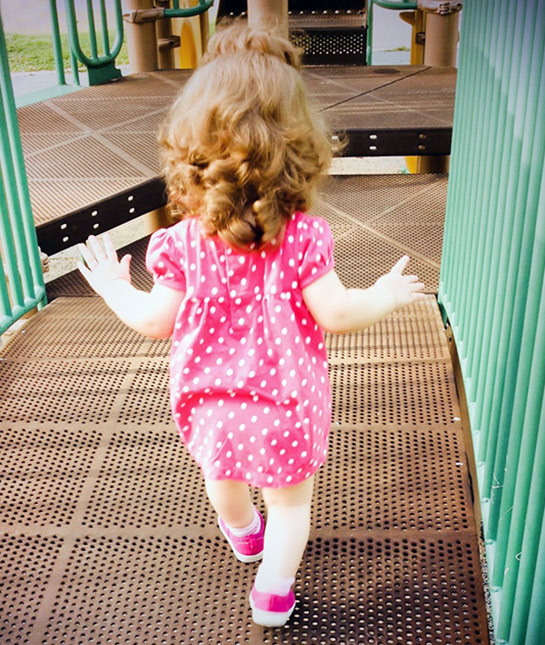
"Generally," says Wright, "I work to ease parents' anxiety over development, each child is unique and hits their milestones in a range of time. I tell most moms and dads not to worry about what their child is doing or not, and not to compare them to other kids."
Image via Image via Twenty20
What's too much in terms of attachment parenting and how will this affect her?
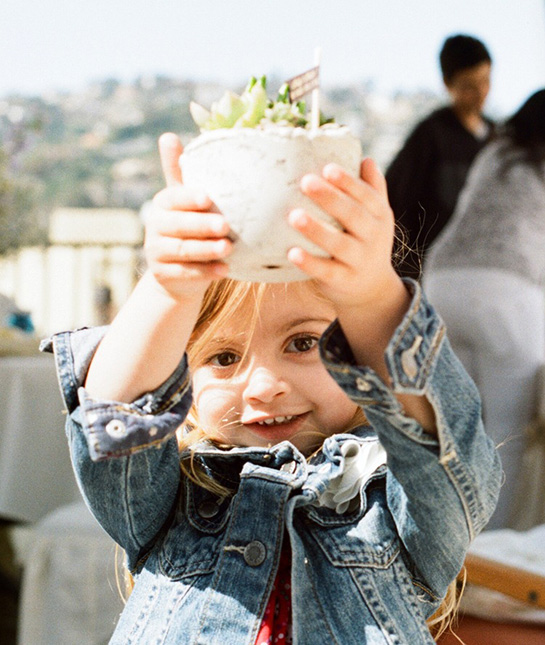
Wright responds, "Similar to the previous question, one of the signs of a securely attached child, over time, is increased independence, willingness to explore the world, and mastery of new and developmentally unfolding skills. As your child grows, she trusts in you, in her, and in the world around her."
Image via Twenty20/carlosvargas787
What are some fun developments I can look forward to?
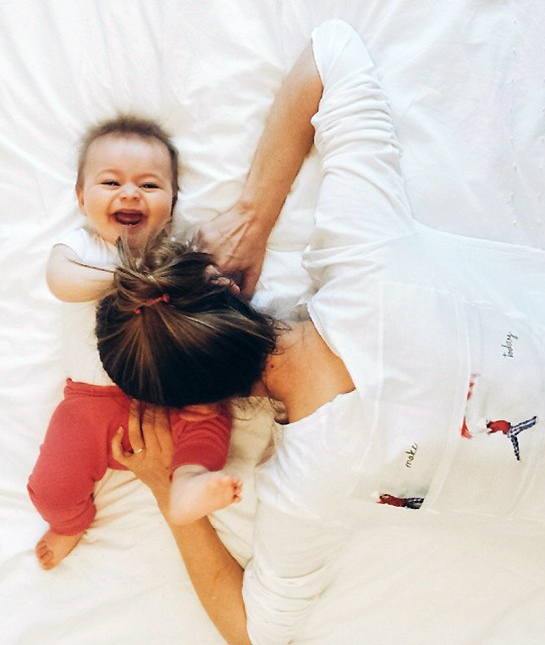
"Babies have a great sense of humor—they love when you are super-silly," says Wright. "Also, early on, a baby can look at herself in a mirror, and not know that it's them. Then, sometime between 15 and 24 months, kids develop self-awareness, and it's marked in an experiment known as the 'rouge test.' In it, children's noses are dotted with a bit of makeup and then they are placed before a mirror. Before 15 months, children see an image of a child with a red spot on their nose, but they don't realize that the red spot is on their own nose. When children are between 15 and 24 months, they start to comprehend that the reflection they see is their own, and they point to the red nose or try to wipe away the rouge."
Image via Twenty20
MORE : Real Moms Share Creative Ways to Entertain Baby for 10 Minutes
What might be developmental effects of being an only child?
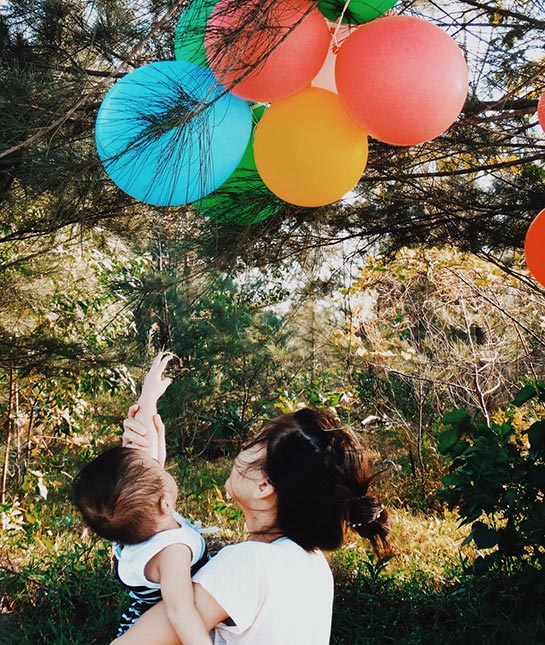
Julie Wright answers: "This is a question about which the landscape has shifted somewhat recently from thinking that only children were less likely to have good long-term outcomes. Newer research and thinking supports single-children families." A few pros: Your family will be more Earth-friendly, parents will have more time to devote to friends and each other, and you will have time for both quality and quality time with one child.
Image via Twenty20/krrsabah
What effect does my worries have on my baby's health and sense of well-being?
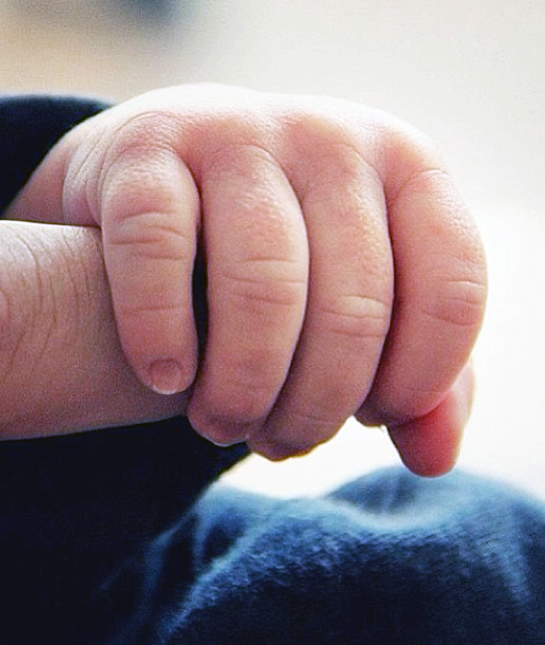
"Babies have more 'mirror' neurons than we do," says Wright. "This makes them very sensitive to emotional intentions in their world. Think of mirror neurons like sponges; they absorb emotions. Problem is, little ones aren't able to understand the source or direction of the emotions, so are likely to attribute them—good or bad—to themselves, so you don't want to have a big fight in front of your baby. Of course, it's normal to worry as a new parent, but also good to find someone who will listen, empathize and normalize your worries so they don't get absorbed by your baby."
Image via Twenty20/mevrmar
How can I help my child to learn speak, and should I try to teach her multiple languages?
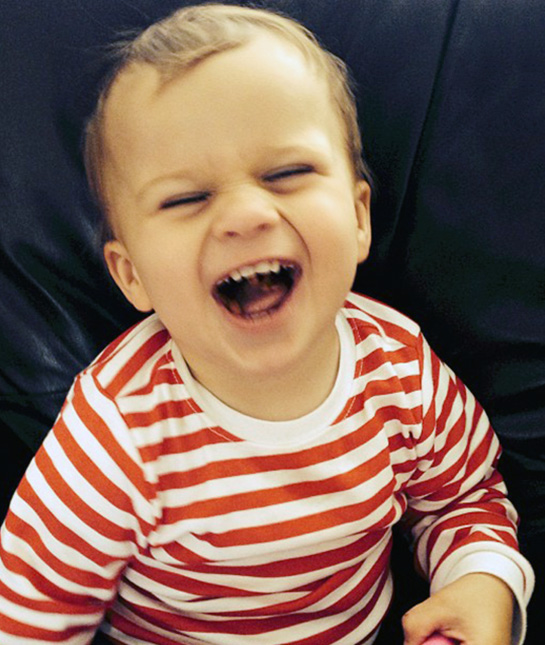
"Language is a super-interesting field," says Wright. "The more languages a kid is exposed to at a young age, the denser the gray matter in their brain's left hemisphere, which is the seat of language and communication. Studies show that when parents are responsive to baby's vocalizing it helps the child's language skills develop faster. Developmentally, generally by the age of two, kids can speak in simple sentences, and by three, kids are using more complex sentences with the ability to refer to abstract things."
Image via Twenty20/huggyray1980
How do I let go in order for my baby to feel safe and free as she grows?
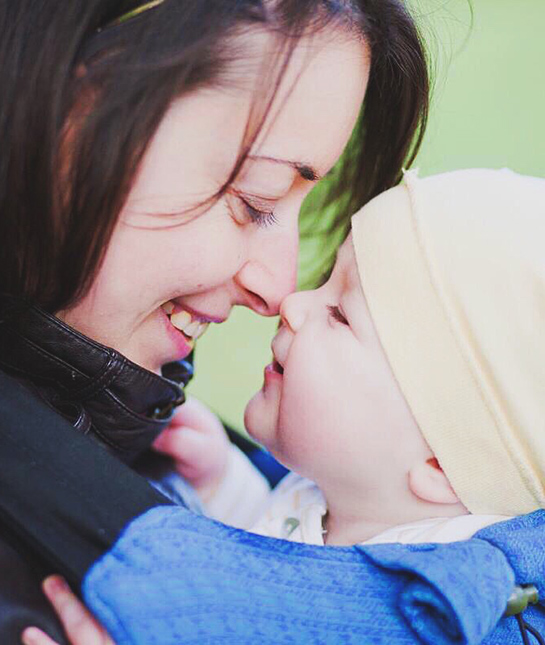
"There's an ever-growing body of research and thought on the phenomenon of over-helping or 'helicopter parenting,'" Wright explains. "What we know about the true psychological meaning of attachment is that babies and kids—really, all of us—need someone who helps us when we truly need help and also knows when to step back and let us struggle a bit as we make mistakes, learn new things, solve problems and weather difficult feelings. It's the parent's exquisite attunement to their child in the moment that creates the opportunity for this balance to emerge."
Image via Twenty20/volye



